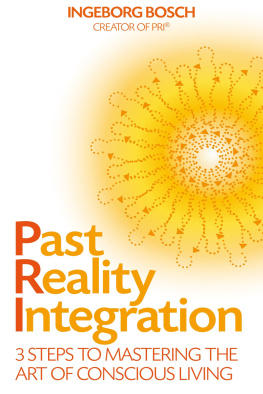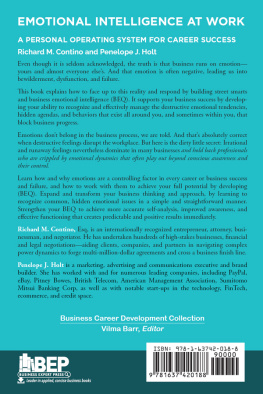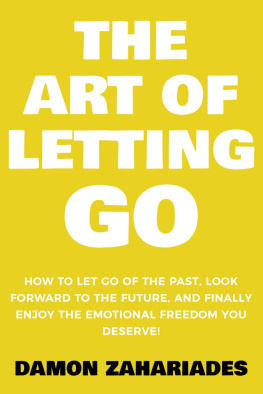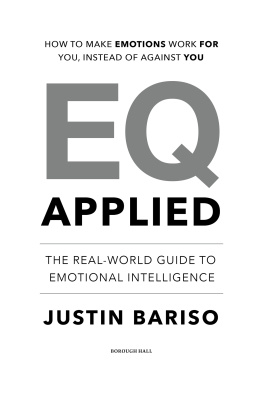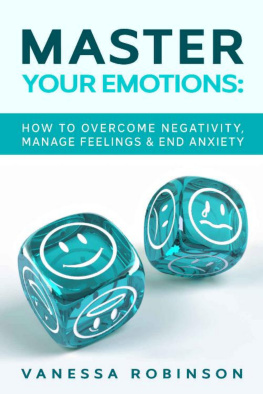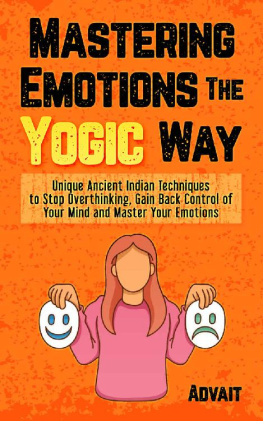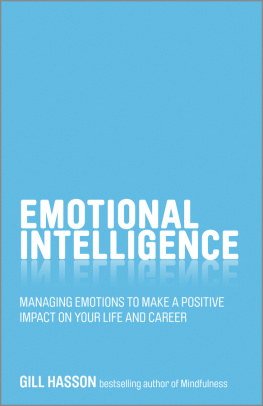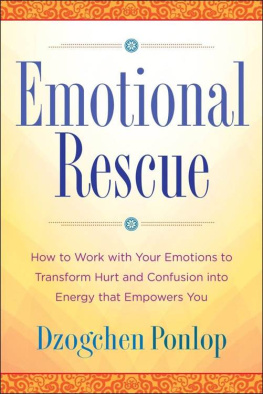Ingeborg Bosch - Past Reality Integration: 3 Steps to Mastering the Art of Conscious Living
Here you can read online Ingeborg Bosch - Past Reality Integration: 3 Steps to Mastering the Art of Conscious Living full text of the book (entire story) in english for free. Download pdf and epub, get meaning, cover and reviews about this ebook. year: 2011, publisher: Hay House, genre: Religion. Description of the work, (preface) as well as reviews are available. Best literature library LitArk.com created for fans of good reading and offers a wide selection of genres:
Romance novel
Science fiction
Adventure
Detective
Science
History
Home and family
Prose
Art
Politics
Computer
Non-fiction
Religion
Business
Children
Humor
Choose a favorite category and find really read worthwhile books. Enjoy immersion in the world of imagination, feel the emotions of the characters or learn something new for yourself, make an fascinating discovery.
- Book:Past Reality Integration: 3 Steps to Mastering the Art of Conscious Living
- Author:
- Publisher:Hay House
- Genre:
- Year:2011
- Rating:3 / 5
- Favourites:Add to favourites
- Your mark:
Past Reality Integration: 3 Steps to Mastering the Art of Conscious Living: summary, description and annotation
We offer to read an annotation, description, summary or preface (depends on what the author of the book "Past Reality Integration: 3 Steps to Mastering the Art of Conscious Living" wrote himself). If you haven't found the necessary information about the book — write in the comments, we will try to find it.
In this book, Ingeborg provides a clear explanation of how emotional problems develop, and shows us that life doesnt have to be as difficult as we are often prone to believe. Her step-by-step plan will help you to understand:
self-observation when am I under the spell of my emotional brain?
symbol recognition what starts up the reaction of my emotional brain? Which perception of my present circumstances activated my psychological immune system leading to destructive and painful emotions?
defence reversal how to reprogramme your emotional brain, free yourself from obsolete defensive reactions, and move past anxiety, depression and fear so that you can live consciously in the NOW and finally realize your true potential.
Ingeborg Bosch: author's other books
Who wrote Past Reality Integration: 3 Steps to Mastering the Art of Conscious Living? Find out the surname, the name of the author of the book and a list of all author's works by series.

